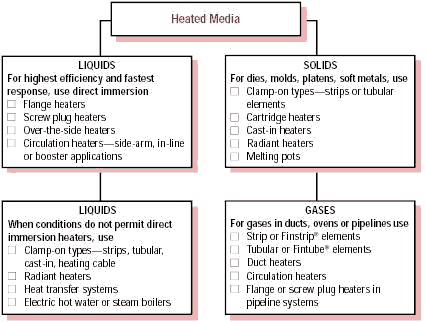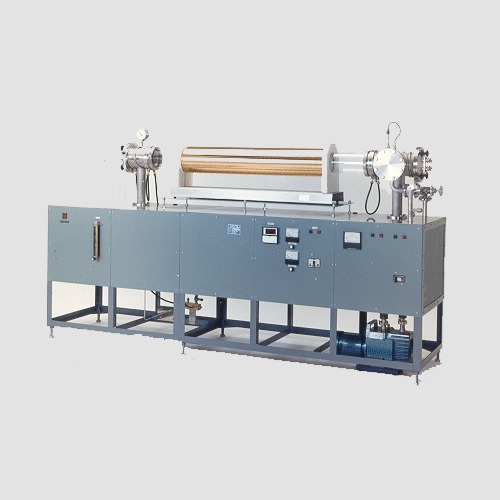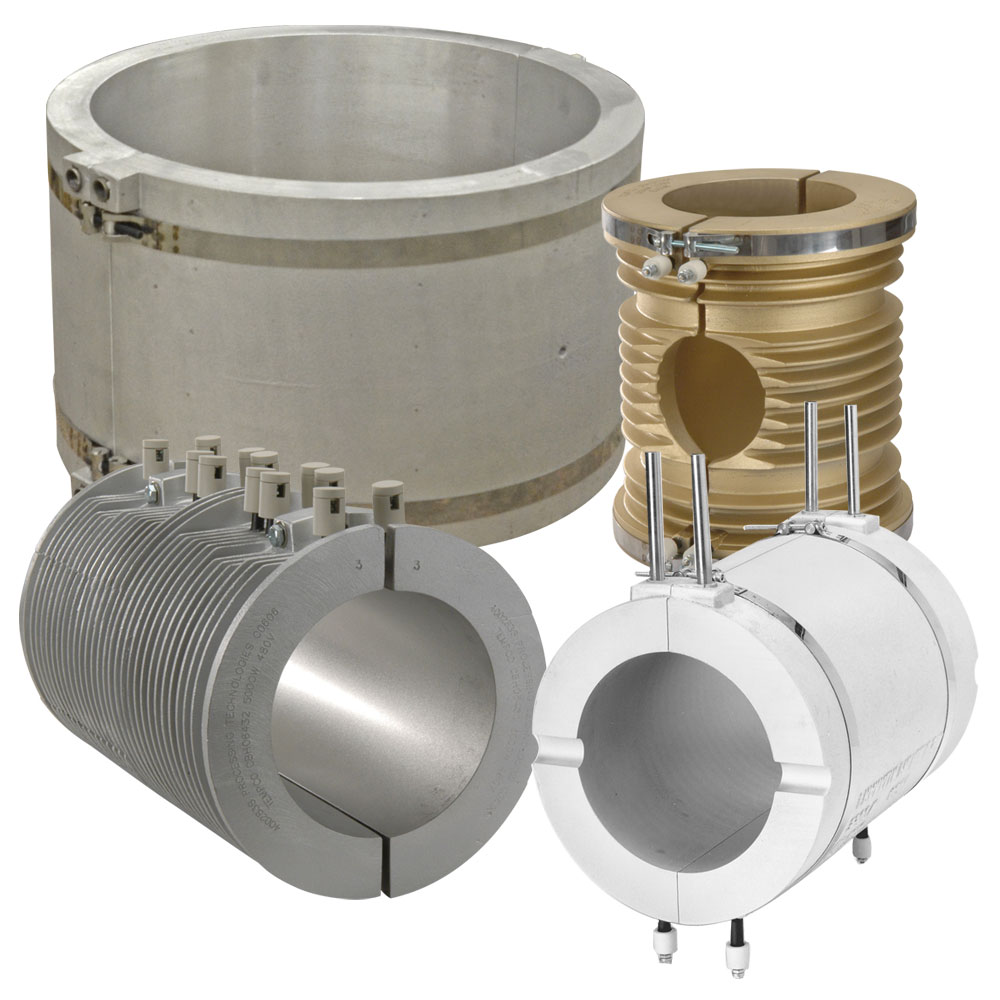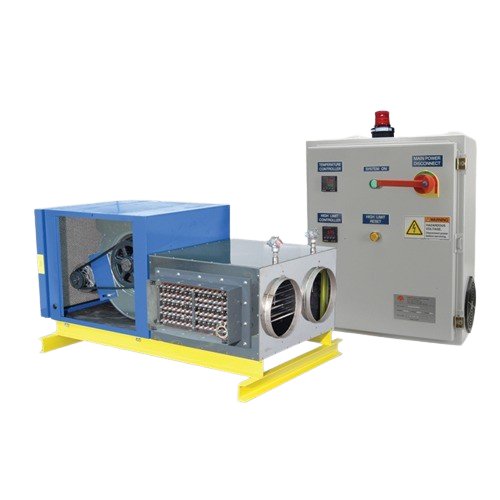- Home
- About
-
Our Products
ELECTRIC HEATERS & HEATING ELEMENTS
- Tubular Heaters|Air Heaters
- Process Immersion Heaters|Tank Heaters
- Band Heaters
- Heat Tracers | Cable Heaters
- Silicon Rubber Heaters
- Heated Hose / Hose Pipe Heaters
- Etched Foil Heaters
View All
TEMPERATURE SENSORS & ACCESSORIES
- Thermocouples
- RTD Sensors
- Thermocouples Wires & Cables Accessories
- Temperature Transmitters
View All
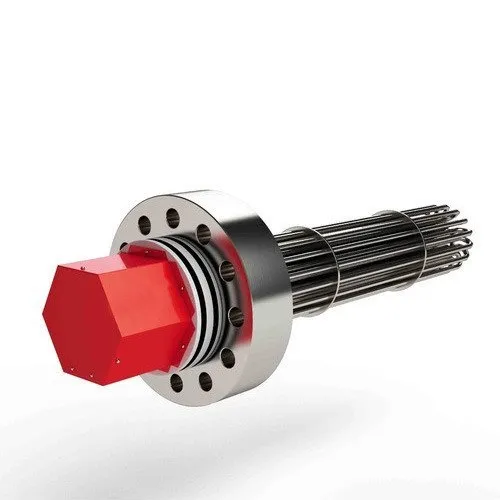
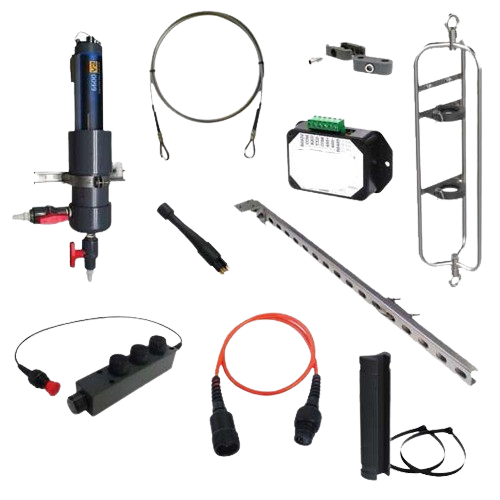
- Technical
- Testimonial
- Contact us
General Guidelines for Heater Type, Selection & Application
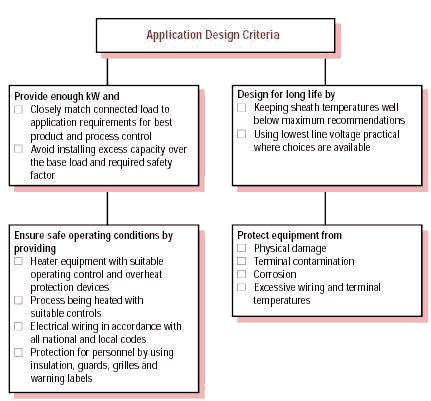
Final Temperature Desired Electric resistance heaters of the enclosed sheath type can be operated successfully over a wide range of temperatures approximately up to 650°C
Sheath Material Required Copper is commonly used as the sheath material for water applications, steel for oils, and Stainless Steel or INCOLOY® for corrosive solutions and high temperature air heating. This Section gives considerable help in choosing the proper sheath material for many common materials.
Watt Density Permitted Watt density is the heat energy emanating from each square inch of heated surface of a heater or element. Some materials such as water, vegetable oils and salt baths can withstand a high watt density, while others such as petroleum oils or sugar syrups must use lower watt densities. These liquids do not readily absorb or conduct the heat being generated. If the watt density is too high, carbonization or overheating may damage the heating equipment or material being heated. Recommended maximum ratings for various materials and temperature conditions are included in this section. All heaters in this catalog have the watt density specified for standard heater ratings. After resolving the above requirements, choose the type of heater best suited to the application. For example, a tank of water may be heated by direct immersion heaters, by clamp-on strip, ring or tubular heaters or a side-arm circulation heater. The choice will depend on the process, considerations, available space both inside and outside, economy, maintenance, etc.
